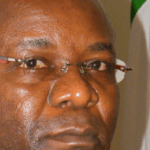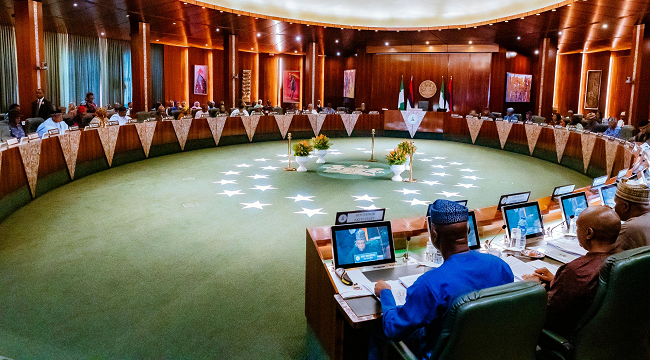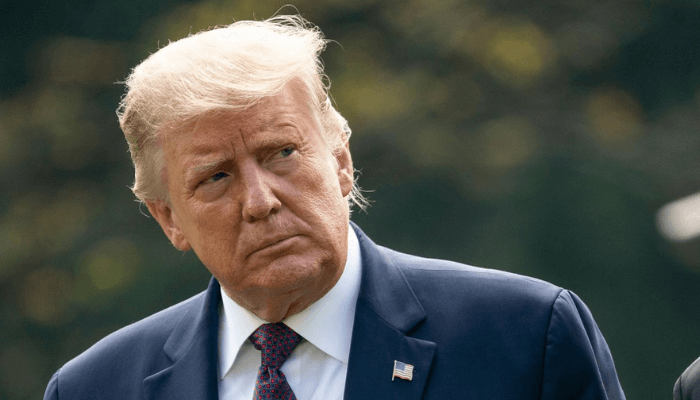Nigeria has had 6-7 percent economic growth for about a decade; oil prices have been at historic highs; Nigeria has become the largest economy in Africa…but poverty and under-employment have increased; infrastructure hasn’t radically improved; states can’t pay salaries; and cycles of economic shocks persist. Clearly, there is some inherent incongruity in our economic management. Clearly, Nigeria needs…better growth! We need not just economic growth, but growth with diversification, efficiency, equity and not just modest growth, but exponential growth! We need inclusive, sustainable, optimal and de-risked growth!
We need diversification to create multiple, reinforcing sources and spheres of growth, reduce risk and volatility and prevent cycles of oil price shocks, revenue and budget crises and exchange rate devaluation; we need efficiency to improve the quality and quantity of growth and improve economic productivity and performance. Nigeria’s economic growth has been driven by oil prices, Paris Club debt write-off, telecommunications and banking reforms and some privatisations; it is stalling and new sources of efficiency-driven growth are mandatory; we need equity to create shared prosperity, reduce inequality and exclusion and create conditions for social cohesion and sustainable growth. Our inequitable growth of the last sixteen years has been accompanied by increasing social exclusion…and inevitably social crises, crime and insurgency, and is not sustainable; and of course we need high rates of growth because it is only in a context of (high) economic growth that firms, households and organisations can prosper and poverty can be reduced (especially with our large population and 3 percent annual population growth, high rates of poverty and unemployment/under-employment and low HDI).
In relation to diversification, there are three different contexts in which the discussion is relevant – domestic production or output (GDP), exports/reserves and government revenue. For domestic production, historically three sectors (agriculture 40 percent, wholesale and retail trade 20 percent, and crude petroleum and gas 20 percent) constituted 75-80 percent of GDP. GDP rebasing confirms diversification of domestic output has been substantially achieved – agriculture 22 percent, services 52 percent, and industry 26 percent with prominent sectors including telecommunications (almost 10 percent), real estate (over 8 percent), construction (over 3 percent), etc. The imperative now is to deepen and expand the diversified structure of domestic GDP! The two remaining contexts still have critical diversification requirements – crude oil and gas accounted for 96.8 percent, 95.2 percent and 95.4 percent of Nigeria’s value of total exports in 2012, 2013 and 2014, respectively, and also represented 79.8 percent, 75.4 percent and 72.3 percent of all government federally-collected revenue in 2012, 2013 and 2014!
It is these two outstanding “diversifications” that are responsible for our recurring and current crises! The sole dependence on oil for exports and reserves is the cause of exchange rate problems anytime oil prices fall; and it is the undiversified structure of government revenue that is responsible for the budget crises the federal and state governments are currently confronted with.
In spite of the fact that diversification of domestic output has been substantially accomplished, there also remains an imperative to deepen, expand and grow GDP. To accomplish this, we must focus on at least five sectors – domestic oil and gas refining and petrochemicals, upstream oil and gas, solid minerals, power and agricultural processing. We must remove fuel subsidies and transfer withdrawn spending to social sector to achieve equity; we must pass new realistic “Petroleum Industry Bill” in four or five separate bills and attract new investment in deep offshore and gas; we must revive sector reforms and attract FDI in that sector; we must sustain unbundled and privatised power structure and focus reforms on gas, transmission, tariffs and new investments; and we have to sustain agriculture value chain reforms and improve manufacturing competitiveness.
Incidentally, these actions, apart from boosting and further diversifying domestic output, would also grow and diversify exports in refined petroleum and petrochemical products, processed agricultural output, solid minerals. Additionally we must leverage informal sector exports – sports, music, film and entertainment. We must make investment climate and competitiveness reforms and formulate policy incentives to promote export competitiveness. We must also diversify government revenue and widen the contribution of taxes to national revenue; we must embrace sovereign savings and allow the Nigerian Sovereign Investment Authority (NSIA) to work in order to smooth the volatility of earnings from oil; we must also leverage private capital – privatisation (especially of refineries, airports and other commercial activities), public-private partnerships and funding of oil sector activities through international financial and capital markets; and we must abolish corruption.
The imperative of efficiency can be addressed through radical improvements in infrastructure (given revenue constraints, the practical approach will be through PPPs and private investments); investing in human capital to improve skills and competences and improve productivity; making investment climate and competitiveness reforms and improving value-for-money in government procurement. If our economy manages growth at 6-7 percent in spite of current inefficiency and corruption, imagine the possible growth rates if economic efficiency is enhanced!
Finally, government must divert policy attention and resources towards investing in the poor and vulnerable in a concerted, efficient and sustainable manner. The first step will be to withdraw resources from the fuel subsidy regime, and transfer same into schemes in public education and healthcare, urban transportation, rural infrastructure and other schemes which will redress the marginalization of the poor and create a more equitable and sustainable economy.
Opeyemi Agbaje









